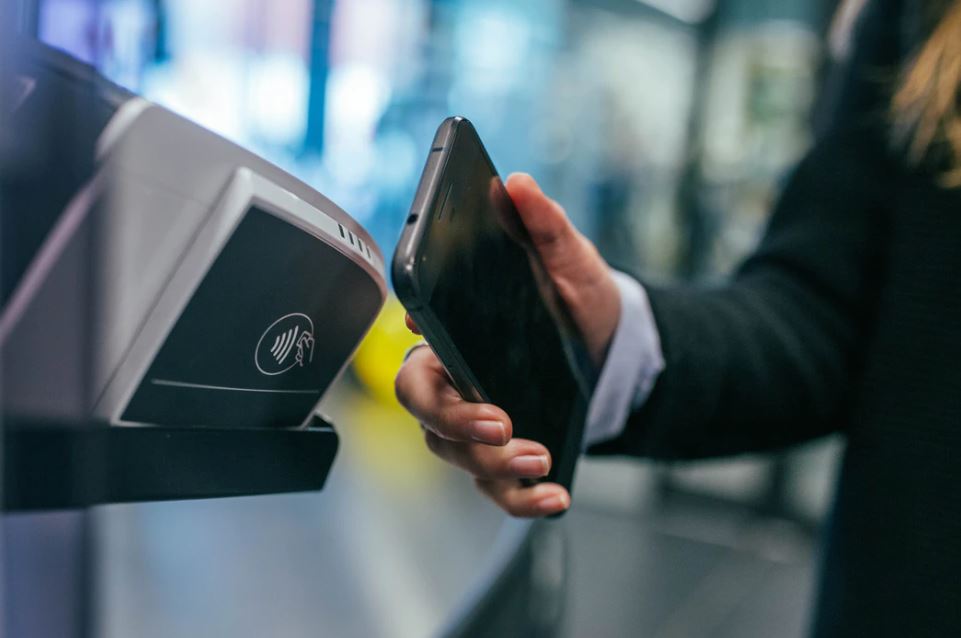Panama City to Accept Crypto for Taxes and Public Services
17.04.2025 19:00 2 min. read Alexander Stefanov
In a move positioning Panama City at the forefront of digital finance in Latin America, Mayor Mayer Mizrachi revealed that the city will soon begin accepting cryptocurrency payments for various public services, including taxes, permits, and even bus fares.
The initiative, announced on April 15, enables residents to pay using Bitcoin, Ethereum, USDC, and USDT. While the national law requires all government transactions to be settled in U.S. dollars, the city has bypassed this hurdle through a partnership with a local bank that will instantly convert crypto payments into fiat. This solution allows the city to offer crypto-friendly options without changing any existing legislation.
Mayor Mizrachi noted that past administrations attempted similar efforts but were blocked by legal restrictions tied to the country’s dollar-based public finance system. Now, by integrating real-time conversion infrastructure, Panama City is carving a compliant path to crypto adoption.
This move aligns Panama’s capital with an expanding roster of cities and regions worldwide embracing blockchain technology for public finance. Similar programs have been rolled out in places like Colorado, which began accepting crypto for state taxes in 2022, and Lugano, Switzerland, which now permits Bitcoin payments for municipal fees. Vancouver and North Carolina are also exploring legislation and frameworks to include crypto in their official payment systems.
As jurisdictions across the globe experiment with digital asset integration—some even considering Bitcoin for treasury protection against inflation—Panama City’s practical, regulation-friendly model could serve as a template for others navigating the intersection of crypto and public finance.
-
1
Coinbase Picks Luxembourg for Its New EU Headquarters, Secures MiCA License
21.06.2025 11:00 1 min. read -
2
Crypto Market May Be in Early Stages of Multi-Year Rally, Says Real Vision CEO
21.06.2025 17:00 2 min. read -
3
Circle’s Market Cap Surges Past Its Own Stablecoin
24.06.2025 12:00 1 min. read -
4
Trump’s 2024 Crypto Earnings Top $58 Million—DeFi Stake Drives Most of the Haul
16.06.2025 9:00 2 min. read -
5
Tron Sets Sights on Wall Street Through Reverse Merger
17.06.2025 7:00 1 min. read
USA Imposes Tariffs on Multiple Countries: How the Crypto Market Could React
As President Trump accelerates his tariff strategy ahead of the August 1 deadline, new White House letters reveal formal trade warnings sent to multiple nations, including Tunisia, Cambodia, Indonesia, and others.
UAE Regulators Dismiss Toncoin Residency Rumors
United Arab Emirates authorities have formally denied reports linking Toncoin (TON) ownership or staking to long-term visa eligibility, calling the circulating claims inaccurate and misleading.
Binance Could Introduce Golden Visa Option for BNB Investors Inspired by TON
Changpeng Zhao, the former head of Binance, has hinted at the possibility of a new initiative that would allow BNB token holders to obtain long-term residency in the United Arab Emirates through a token-staking model.
Weekly Recap: Key Shifts and Milestones Across the Crypto Ecosystem
The first week of July brought notable advancements in crypto infrastructure, governance, and trading.
-
1
Coinbase Picks Luxembourg for Its New EU Headquarters, Secures MiCA License
21.06.2025 11:00 1 min. read -
2
Crypto Market May Be in Early Stages of Multi-Year Rally, Says Real Vision CEO
21.06.2025 17:00 2 min. read -
3
Circle’s Market Cap Surges Past Its Own Stablecoin
24.06.2025 12:00 1 min. read -
4
Trump’s 2024 Crypto Earnings Top $58 Million—DeFi Stake Drives Most of the Haul
16.06.2025 9:00 2 min. read -
5
Tron Sets Sights on Wall Street Through Reverse Merger
17.06.2025 7:00 1 min. read


